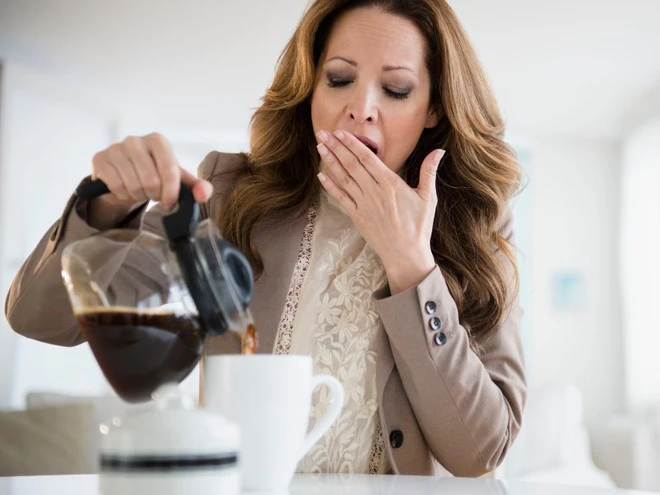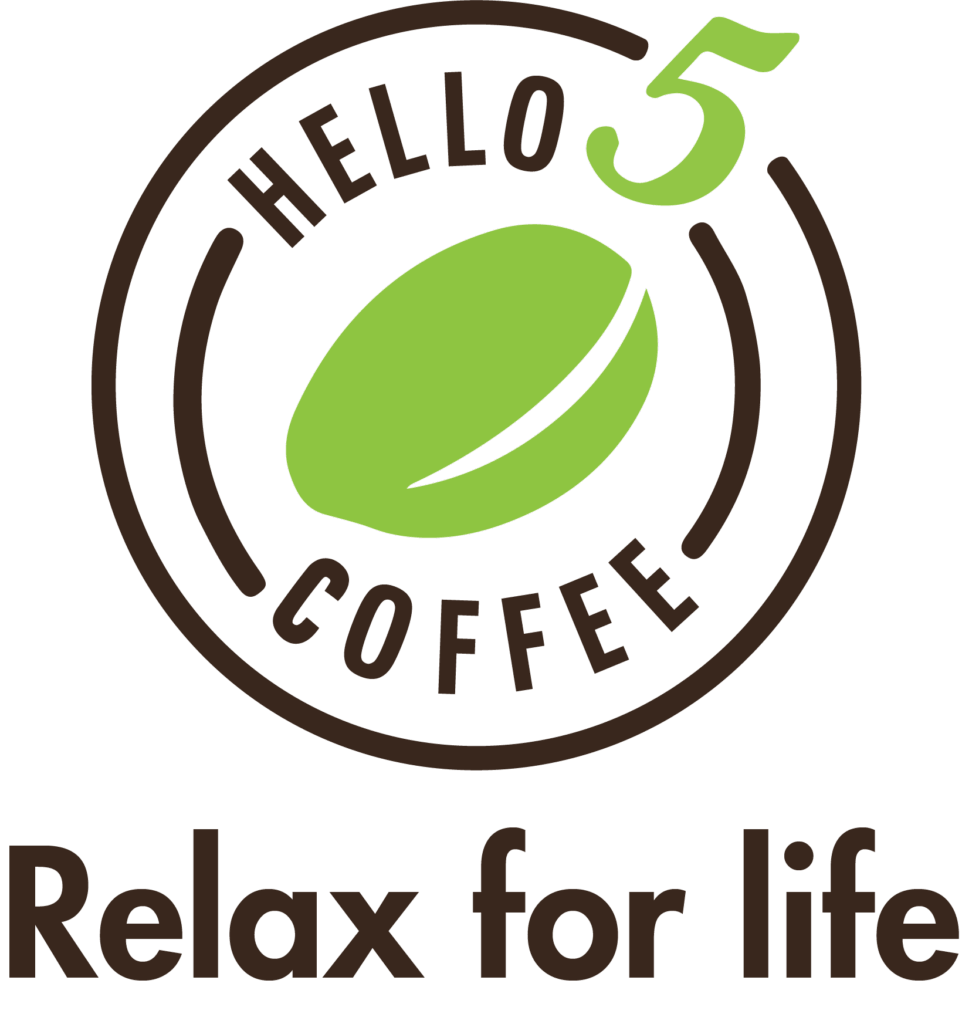Coffee is one of the most popular beverages in the world. It contains a very common stimulant called caffeine. Many people have the habit of drinking coffee immediately upon waking up, while others believe it’s better to wait a few hours after waking. So, when is the best time to drink coffee? What timing maximizes its benefits and minimizes its side effects?
1. When is the best time to drink coffee?
Many people have the habit of enjoying a cup of coffee immediately upon waking. However, many believe that drinking coffee too soon after waking reduces its energizing effects. This is because your stress hormone cortisol is at its highest level at this time.

Cortisol is a hormone that can enhance alertness and focus, while also regulating metabolism, immune system response, and blood pressure.
This hormone follows a specific rhythm for your sleep-wake cycle, with peak levels reaching their highest 30-45 minutes after waking, then gradually increasing and decreasing throughout the rest of the day.
This suggests that the best time to drink coffee is mid to late morning when your cortisol levels are lower. For most people who wake up around 6:30 AM, this optimal time is between 9:30 and 11:30 AM.
Another reason experts recommend delaying your morning coffee is that caffeine can increase cortisol levels. Drinking coffee when your cortisol is already at its peak may further elevate this hormone. Chronically elevated cortisol levels can impair your immune system and cause other health problems.
However, there are still no long-term studies on the health impacts of increased cortisol from coffee consumption. Moreover, caffeine-induced cortisol increases tend to decrease in people who regularly consume caffeine.
That said, there’s likely no harm if you prefer drinking coffee upon waking rather than several hours later.
But if you’re willing to change your morning coffee routine, you may find that drinking coffee a few hours after waking provides more energy.
In summary, the best time to drink coffee is believed to be between 9:30-11:30 AM, when most people’s cortisol levels are lower. Whether this is truly optimal remains to be determined. Caffeine can increase cortisol, but the long-term health effects of this are unclear.
2. Coffee can enhance exercise performance
Coffee is known for its ability to promote, enhance, and maintain alertness. However, this beverage is also recognized as an ergogenic aid that effectively enhances exercise performance due to its caffeine content.
Additionally, coffee can be a much more cost-effective alternative to caffeine-containing pre-workout supplements. Several studies have demonstrated that caffeine—the main component in coffee—can reduce exercise fatigue and improve endurance and muscle strength.
The effect of caffeine from coffee on exercise performance depends on timing. If you want to optimize coffee’s beneficial effects on workout performance, it’s best to consume it 30-60 minutes before exercising.
The effective caffeine dose for improving exercise performance is 1.4-2.7 mg per pound (3-6 mg per kg) of body weight. For a 150-pound (68 kg) person, this amount equals approximately 200-400 mg of caffeine, or 2-4 cups (475-950 mL) of coffee.
In summary, coffee’s benefits for enhancing exercise performance are best achieved when consumed 30-60 minutes before working out.
3. Can drinking too much coffee cause insomnia?
When is the best time to drink coffee? Caffeine in coffee can promote alertness and increase exercise performance. Therefore, you can choose the appropriate times for coffee consumption as mentioned above. However, it’s important to note that coffee consumption can also cause sleep problems.
The stimulating effects of caffeine from coffee last 3-5 hours, and depending on each person’s body, about half of the total caffeine you consume remains in your body after 5 hours of drinking. Drinking coffee too close to bedtime, such as with dinner, can affect your sleep and cause difficulty falling asleep.
To avoid caffeine’s sleep-disrupting effects, you should avoid consuming caffeine at least 6 hours before bedtime.
Read more: Top 10 Roasted Coffee Beans Benefits You Should Know
4. How much coffee should you drink daily?
Healthy adults can consume up to 400 mg of caffeine per day, while pregnant and breastfeeding women can safely consume up to 300 mg per day, with some studies suggesting 200 mg as the safe limit.

The best time to drink coffee is mid to late morning when your cortisol levels are lower, though research on this topic is still limited. Drinking coffee 30-60 minutes before your workout or sporting event can help delay fatigue and increase endurance.
Additionally, to drink coffee while maintaining good health, remember that caffeine’s stimulating effects can cause sleep problems if consumed too close to bedtime, as well as increase anxiety in some people.
Reference source: healthline.com
